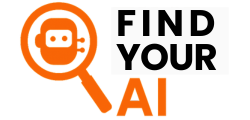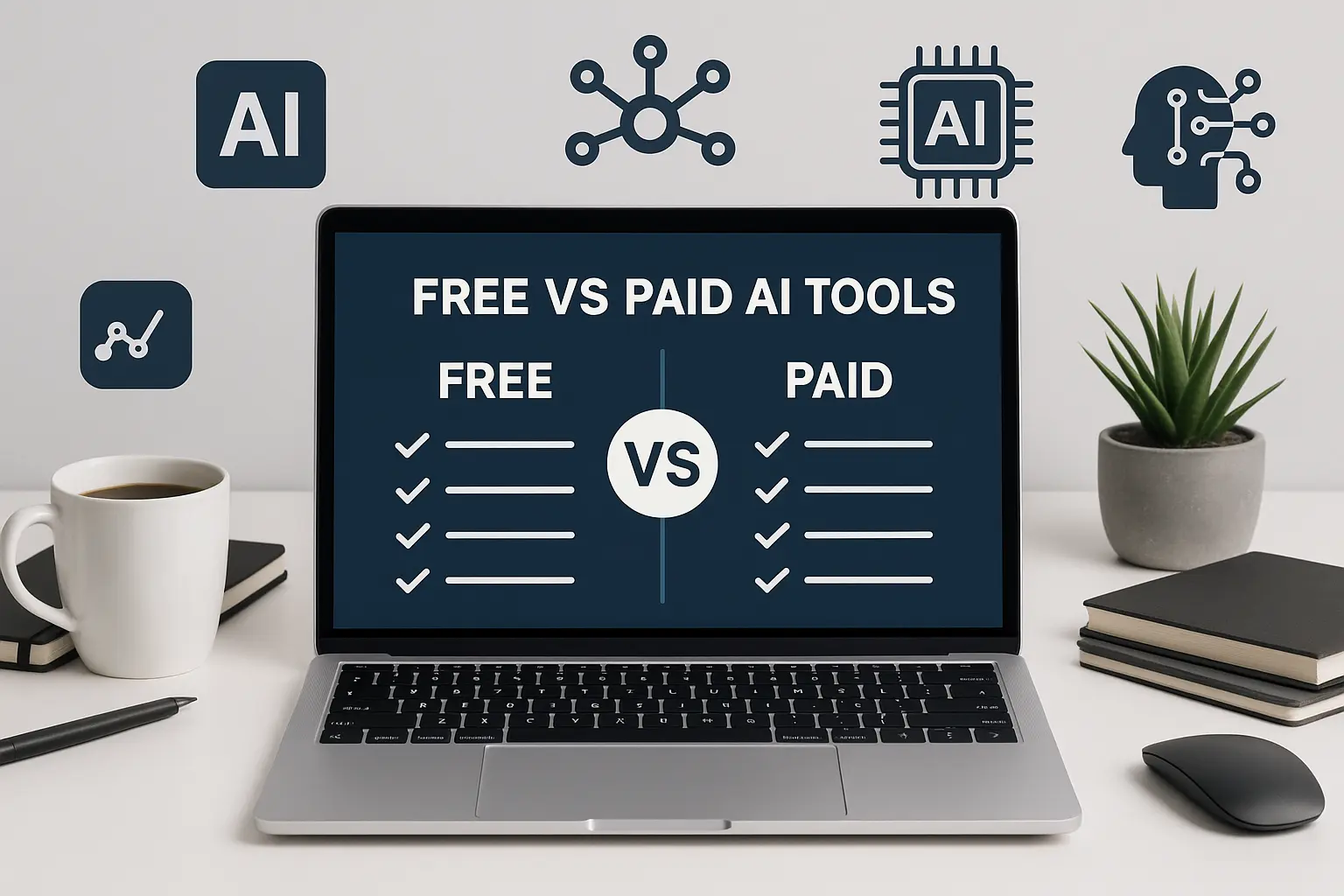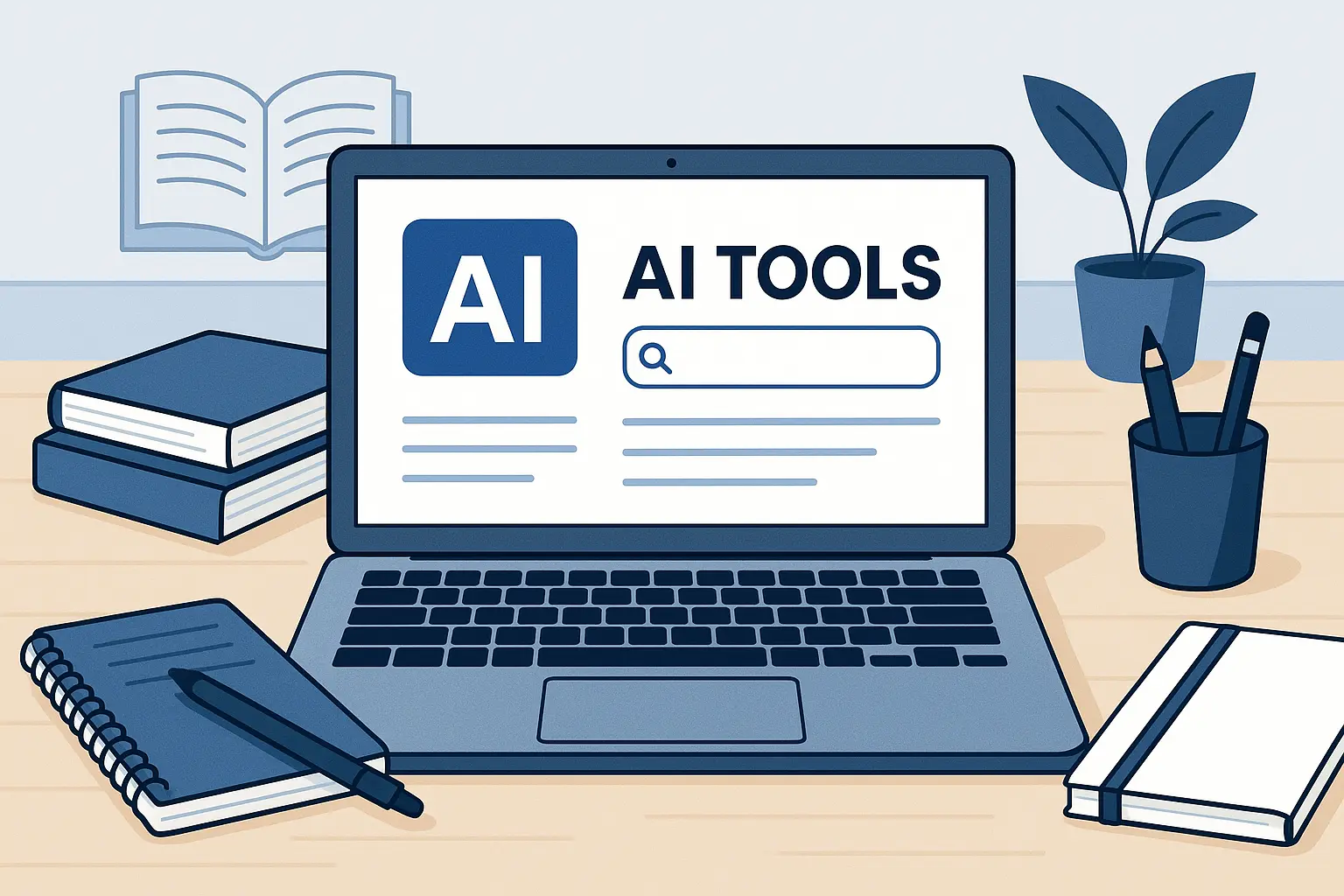Ultimate List of AI Tools for Small Businesses 2025
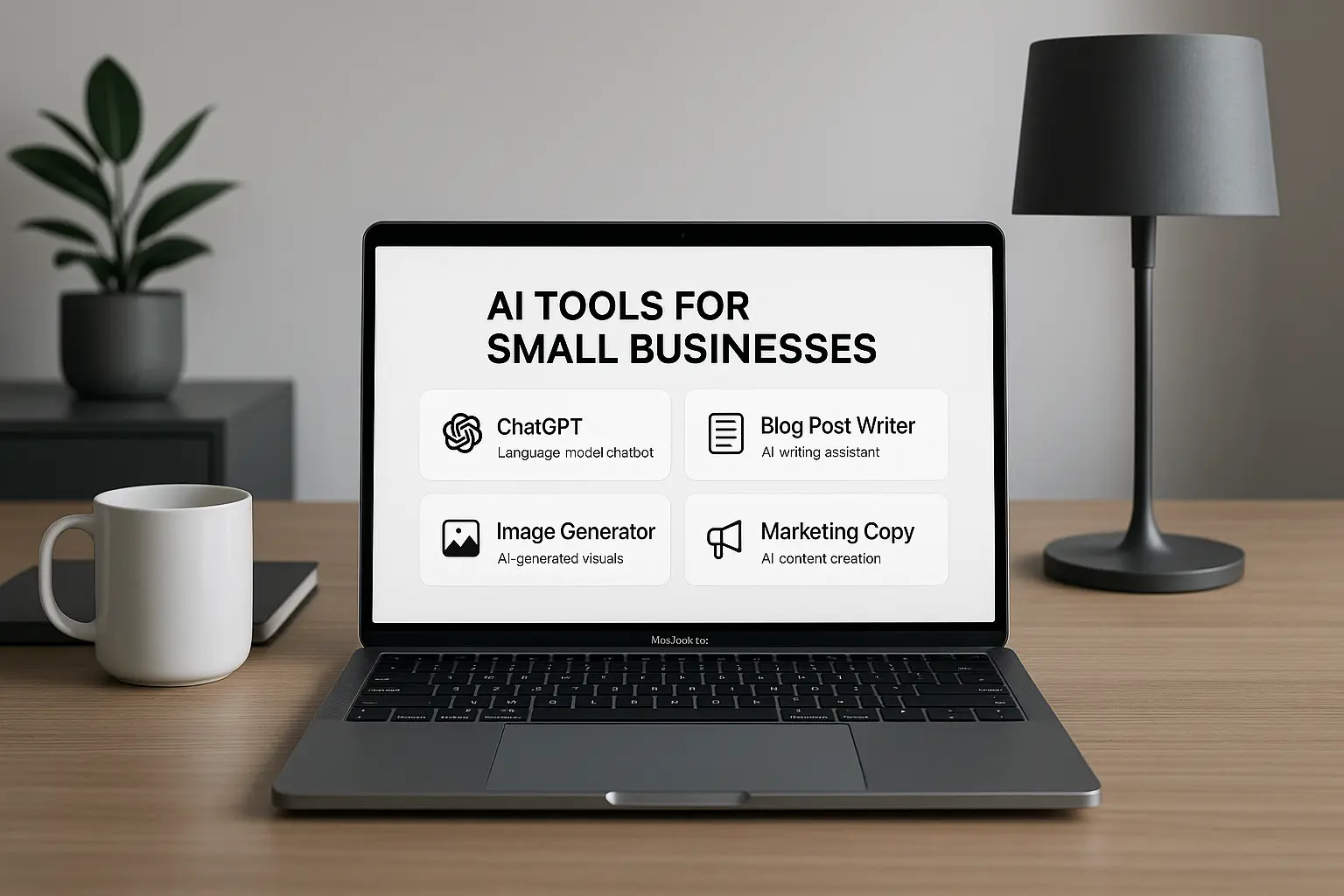
Artificial Intelligence isn’t just for tech giants anymore.
Today, even small businesses are tapping into the power of AI to streamline operations, boost customer engagement, and drive faster growth. Whether you’re running a cozy local bakery or scaling a tech startup, AI tools are becoming essential for staying competitive in 2025 and beyond.
In this Ultimate List of AI Tools for Small Businesses, we’re going beyond the buzzwords. You’ll discover real, actionable tools categorized by business function — from marketing to HR — so you can find exactly what fits your needs.
Plus, we’ll show you how to choose the right tool depending on your budget, business size, and growth goals.
Let’s dive into why ignoring AI could be the biggest mistake small businesses make this year.
Why Small Businesses Can’t Ignore AI Anymore
The AI Revolution Has Officially Arrived
According to a Gartner report, over 75% of small and midsize businesses (SMBs) are projected to integrate at least one AI-powered process into their operations by 2025.
Gone are the days when AI was a luxury reserved for enterprises with six-figure tech budgets. Thanks to affordable, scalable solutions, small businesses can now automate tedious tasks, personalize customer experiences, and gain insights that were once out of reach.
Example: A boutique marketing agency in Austin used AI-driven scheduling tools and customer relationship management (CRM) automation to triple their client roster in less than six months — without hiring extra staff.
Solving Real Pain Points for SMBs
Here’s how AI tools for small businesses are tackling everyday challenges:
- Time Management:
Tools like Motion or Clockwise AI automatically optimize daily schedules, ensuring no minute is wasted. - Customer Engagement:
Smart chatbots like Drift and Intercom deliver personalized support 24/7, even when the team is offline. - Marketing Efficiency:
AI platforms such as Jasper or Copy.ai churn out high-quality content at scale, freeing up valuable hours for business owners. - Predictive Analytics:
AI isn’t just reactive — tools like HubSpot AI predict customer behavior, helping businesses make smarter sales and marketing decisions before trends shift.
The bottom line?
In today’s ultra-competitive landscape, leveraging AI is no longer optional — it’s survival. Businesses that wait to adopt smart technologies risk falling behind more agile, tech-enabled competitors.
How to Choose the Right AI Tools for Your Business
It’s Not One-Size-Fits-All
Before diving headfirst into the sea of AI tools for small businesses, it’s crucial to pause and assess what your business truly needs.
Not every shiny new app is going to deliver value — and investing in the wrong tool can actually slow you down.

Here’s a quick checklist to help you make a smarter decision:
- Define Your Goals:
Are you trying to automate marketing, improve customer support, or optimize your operations? Clarify your main objectives first. - Assess Technical Readiness:
Some AI tools require basic integrations with your website or CRM. Others might need API knowledge. Make sure you (or someone on your team) can handle it, or choose plug-and-play options. - Budget Wisely:
Many AI platforms offer tiered pricing. Start small. You can always scale up once you validate ROI. - Prioritize Usability:
If the tool feels overwhelming during the trial, it’s probably not the right fit. Look for intuitive dashboards and strong customer support. - Scalability Matters:
Choose tools that can grow with your business. Jumping from platform to platform every six months can be expensive and disruptive.
Pro Tip: Always take advantage of free trials. Hands-on experience often reveals what marketing pages won’t.
The Ultimate List of AI Tools for Small Businesses (Organized by Function)
Time to roll up our sleeves and get practical.
Here’s the ultimate breakdown of AI tools, neatly categorized by the business function they serve — so you can find exactly what your company needs right now.
AI Tools for Marketing and Sales
- Jasper (formerly Jarvis):
AI content generation for blogs, ads, and email marketing campaigns. Ideal for startups needing fast, SEO-friendly content. - Copy.ai:
Another powerful writing assistant specializing in short-form content like product descriptions and social posts. - Mailchimp AI:
Smart audience segmentation and predictive analytics baked into an email marketing platform. - Predis.ai:
Automates social media post creation, suggesting visuals and captions based on trending content.
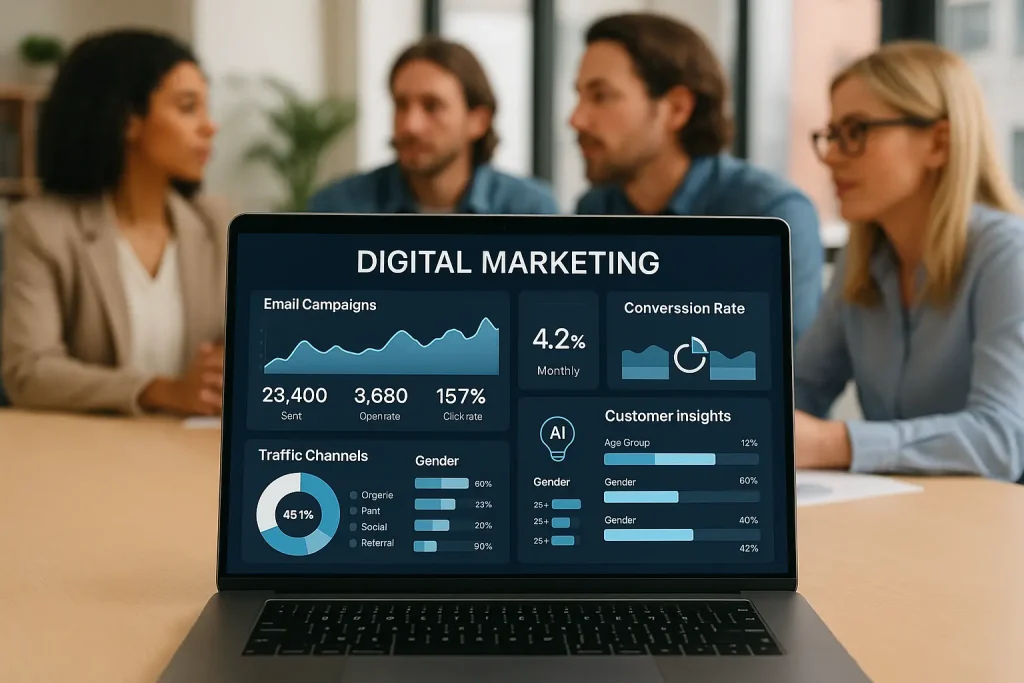
Example: A handmade jewelry brand used Predis.ai to double its Instagram engagement without hiring a full-time social media manager.
AI Tools for Customer Support
- Drift:
Conversational marketing and chatbot automation that qualify leads even while you sleep. - Intercom:
AI-driven customer communication platform integrating live chat, bots, and personalized messaging. - Freshdesk AI:
Predictive ticket assignment and smart workflows that reduce support response times dramatically.
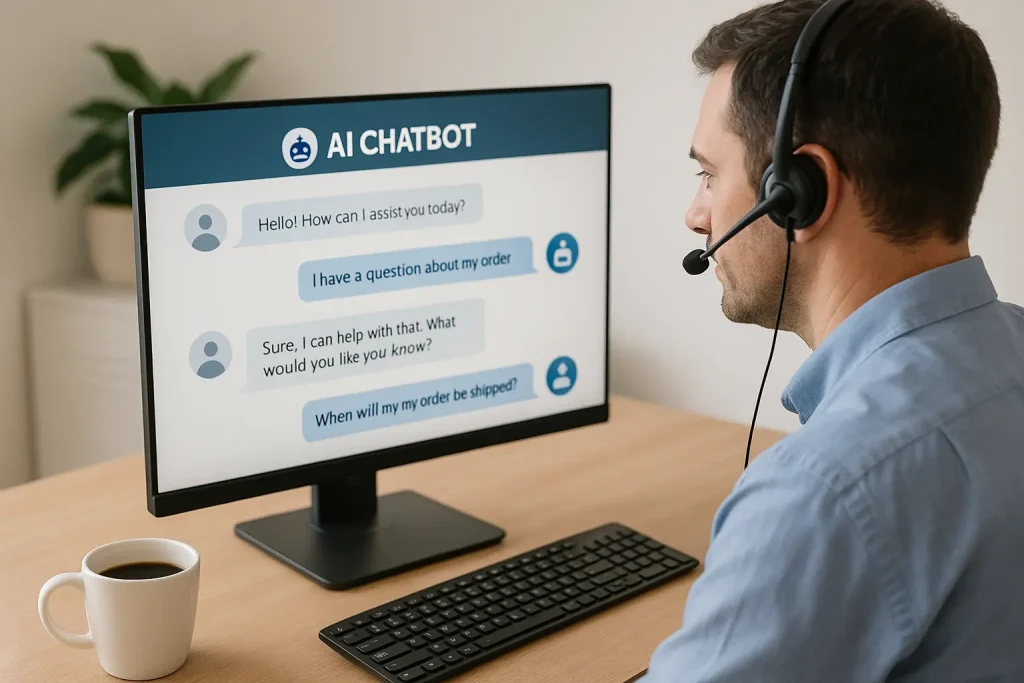
AI Tools for Operations and Productivity
- Zapier (with AI integration):
The gold standard for workflow automation. Zapier now leverages AI to suggest automations (called “Zaps”) based on your business processes. Think: automatic lead entry from website forms to CRM without lifting a finger. - Motion:
An intelligent calendar that automatically schedules meetings, tasks, and deadlines based on your real-time workload — perfect for chaotic startup environments. - Clara:
An AI-powered virtual assistant for scheduling meetings, following up with leads, and sending reminders — freeing you from endless email chains.
Example: A growing SaaS company saved over 40 hours a month by using Zapier AI to automate their customer onboarding process.
AI Tools for Finance and Accounting
- Vic.ai:
AI-driven invoice processing and approval workflows, reducing human error and speeding up accounts payable tasks. - Datarails:
Financial planning and analysis (FP&A) platform that uses machine learning to forecast budgets, cash flow, and financial KPIs. - QuickBooks AI Features:
Smart categorization of expenses, predictive cash flow modeling, and automated reminders for overdue invoices — all powered by embedded AI.
Real-World Scenario: A freelance consulting firm automated its monthly invoicing with Vic.ai, cutting billing cycles in half and improving cash flow predictability.
AI Tools for Human Resources and Hiring
- Pymetrics:
An AI-driven recruitment platform that uses neuroscience-based games and machine learning to match candidates to roles based on cognitive and emotional traits — not just resumes. - CultureAmp:
Employee engagement surveys enhanced with AI to detect underlying sentiment trends before they escalate into bigger HR issues. - HireVue:
AI video interview analysis, helping recruiters prioritize top candidates faster by analyzing facial expressions, speech patterns, and behavioral cues.
Pro Tip: For small teams without a dedicated HR department, tools like CultureAmp provide critical early warning signals for employee dissatisfaction — before turnover costs hit hard.
Comparison Table: Best AI Tools by Business Stage
Choosing the right AI tools isn’t just about features — it’s about finding the right fit for where your business is today and where it’s headed tomorrow.
Here’s a quick breakdown:
| Business Stage | Recommended Tools | Why They’re Ideal |
|---|---|---|
| Early Stage Startup | Jasper, Zapier | Affordable, easy to implement, fast ROI without technical complexity. |
| Growing SMB | HubSpot AI, Drift, Freshdesk AI | Scalability to manage increasing leads, customers, and support tickets efficiently. |
| Mature Business | Salesforce Einstein, Datarails, Vic.ai | Advanced AI analytics for forecasting, finance management, and deep customer insights. |
Real-World Tip: Many startups initially underestimate the power of automation. Early investment in tools like Zapier AI can eliminate hundreds of manual tasks as they grow.
Affordable AI Tools vs Premium Solutions
You Don’t Have to Break the Bank
One major myth?
AI for small businesses = expensive.
Not true. There’s a growing wave of budget-friendly AI platforms specifically designed for solopreneurs, startups, and small business teams.
Here’s a quick comparison:
| Affordable AI Solutions | Premium AI Platforms |
|---|---|
| Copy.ai (freemium plans) | Jasper (higher-tier plans) |
| Freshdesk AI (starter pricing) | Salesforce Einstein |
| Motion (individual plans) | HubSpot Enterprise AI tools |
When to Invest More
- Rapid Scaling:
If your business is growing faster than you can manage manually, upgrading to premium platforms makes sense. - Complex Integrations:
Larger businesses usually require robust API access, deeper analytics, and customizable workflows — features often reserved for premium tiers. - Competitive Edge:
AI platforms like Salesforce Einstein offer predictive lead scoring, smart sales coaching, and customer behavior modeling — perfect for companies aiming to dominate their market.
Example: A regional e-commerce brand upgraded from basic email automation to HubSpot’s full AI suite and saw a 27% increase in customer lifetime value within six months.
Success Stories: Small Businesses That Leveraged AI
Real-World Wins You Can Learn From
Sometimes, seeing is believing.
Here are a few examples of small businesses that turned AI adoption into a serious competitive advantage:
📈 Story #1: Local Bakery Boosts Sales with AI Marketing
A boutique bakery in Portland used Mailchimp’s AI segmentation features to personalize its email marketing campaigns.
The result? A 35% increase in repeat customers within just three months — simply by sending smarter, more targeted offers based on customer buying behavior.
🧑💻 Story #2: Freelance Designer Doubles Productivity with Workflow Automation
An independent graphic designer integrated Zapier AI into their business stack, automating invoice generation, client onboarding emails, and project management updates.
Without hiring a virtual assistant, they reclaimed 10+ hours a week — time now reinvested in billable client work.
🚀 Story #3: SaaS Startup Reduces Support Tickets by 40% with AI Chatbots
A fast-growing SaaS company implemented Drift’s conversational AI on their website.
Within two months, they noticed a 40% drop in repetitive customer service queries and a 22% faster lead qualification cycle — freeing their human sales team to focus on hot prospects.
Lesson?
No matter your industry or size, the smart application of AI tools can unlock new levels of growth, efficiency, and customer loyalty.
Future of AI for Small Businesses (2025 and Beyond)
What’s Coming Next?
The AI landscape isn’t standing still — and smart businesses will stay ahead by preparing now.

Here’s a glimpse into the future of AI for small businesses:
🔮 Predictive Hiring
Platforms like Pymetrics are only the beginning.
Soon, AI will not only screen resumes but predict team dynamics and cultural fit before a single interview is scheduled — saving businesses from costly hiring mistakes.
🛒 Voice Commerce for Local Businesses
Thanks to AI-driven voice assistants like Alexa and Google Assistant, voice search will become a primary sales channel for local SMBs.
Imagine customers ordering flowers or booking services with a simple voice command — and your business being the first result.
📊 Hyper-Personalized Marketing
AI tools will push personalization beyond “first name” emails.
Expect marketing campaigns dynamically adjusted in real-time based on customer behaviors, purchase history, and even mood (yes, AI can detect emotional cues!).
How to Future-Proof Your Business
- Start small, but think big.
- Invest in tools that can evolve with new AI capabilities.
- Stay informed — trends like AI regulation and ethical data use will impact how you operate.
Final Thought:
In the world of small business, those who embrace AI early won’t just survive — they’ll thrive in the digital-first economy of the future.
Conclusion: Embrace AI and Stay Ahead
The message is crystal clear: AI isn’t just a trend — it’s a fundamental shift in how small businesses operate, compete, and grow.
From marketing automation and customer service chatbots to predictive analytics and financial forecasting, AI is putting powerful tools once reserved for large enterprises into the hands of small business owners everywhere.
If you want to stay relevant — and thrive — in an increasingly competitive landscape, the time to adopt AI tools is right now.
Here’s a quick recap of what we covered:
- Why small businesses can no longer afford to ignore AI
- How to choose the right AI solutions for your unique needs
- A complete, organized list of AI tools for every key business function
- Real-world success stories proving that AI delivers results
- A look at the future of AI — and how to future-proof your business today
Final Tip: Start with one or two AI tools that solve immediate bottlenecks. As you become more comfortable, scale your AI stack strategically to unlock even bigger efficiencies and growth.
Ready to Power Your Business with AI?
Explore our Ultimate List of AI Tools for Small Businesses above, choose the ones that fit your journey, and watch how small shifts today can lead to massive transformations tomorrow.
👉 Pro Tip: Bookmark this guide!
We’ll update it regularly as newer, smarter AI tools hit the market — so you always stay a step ahead.
Frequently Asked Questions (FAQ)
1. What are the best AI tools for small businesses in 2025?
The best AI tools for small businesses include Jasper for content creation, Zapier for workflow automation, and Drift for conversational marketing. These tools help automate processes, increase productivity, and improve customer engagement.
2. How can AI help small businesses grow?
AI can help small businesses by automating routine tasks, providing insights through predictive analytics, and enhancing customer engagement with AI chatbots and personalized marketing. This allows business owners to focus on growth while AI handles the repetitive work.
3. Are there affordable AI tools for small businesses?
Yes! There are plenty of affordable AI tools like Mailchimp AI for email marketing, Freshdesk AI for customer support, and Motion for scheduling automation. These tools offer both free and entry-level pricing options, making AI accessible to small business owners on a budget.
4. Can AI help with financial management in small businesses?
Absolutely. Tools like Vic.ai and QuickBooks AI help small businesses automate invoice processing, track cash flow, and make better financial predictions. These tools reduce errors, save time, and improve financial decision-making.
5. What AI tools can small businesses use to improve customer service?
Small businesses can enhance customer service with Intercom and Freshdesk AI, which offer AI-driven chatbots for immediate response, predictive ticket management, and efficient customer issue resolution.
